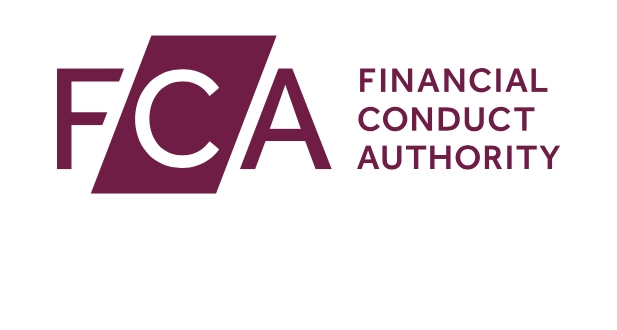The FCA and PRA have dropped plans to ban and fine a former CEO - accused of paying his wife excessive sums to avoid tax - following a damning Upper Tribunal judgment.
The FCA has also accepted tribunal recommendations that it needs to improve staff training and enforcement processes, particularly when handling and locating key documents related to a case.
The regulator’s document handling process was called “inadequate” by the tribunal.
The Upper Tribunal last year found weaknesses at the FCA and the PRA which mounted a joint investigation in 2019 into Stuart Malcolm Forsyth, the former CEO of an insurance company, after he was accused of paying his wife large sums to avoid tax. The case came to light after allegations from a whistleblower at the firm.
The tribunal said the regulators failed to prove Mr Forsyth acted “without integrity” and made a series of recommendations to the FCA to improve document handling and staff training after saying the regulators’ standards fell “well below” those expected.
In 2019, after an investigation the FCA and PRA decided to separately ban and fine Mr Forsyth, the former CEO of the Scottish Boatowners’ Mutual Insurance Association, £78,318 and £76,180 respectively.
The FCA has now dropped its fine and ban, it confirmed to Financial Planning Today this week.
Last July the PRA, which said it “outsourced” the investigation to the FCA, accepted the findings of the Upper Tribunal. The PRA has since discontinued the action against Mr Forsyth and has accepted that it took "a flawed approach" to identifying material held in this case. It said: "These errors resulted in the late disclosure of certain materials, for which we have apologised to both Mr Forsyth and to the Court."
The PRA told Financial Planning Today that it plans to publish details of its actions taken in light of the judgment in the coming weeks.
The Upper Tribunal found that while there was evidence of efforts by the CEO to increase the remuneration of his wife this had been within the rules.
The tribunal said in its judgment: “We have found that the regulators have not made out their case that Mr Forsyth failed to act with integrity in relation to the subject matter of these references.”
The judgment added: “It is clear from what we have said above that, as Mr Forsyth’s solicitors said in their response on this issue, this is not just a case of the regulators failing to locate documents due to their inadequate document management processes. They have also admitted having failed to appreciate the significance of documents they had identified as potentially relevant. They also admit that they had opportunity to rectify the situation before the trial period but failed to do so.
“We therefore accept, as Mr Forsyth’s solicitors said, that the regulators’ conduct has fallen well below the standards which Mr Forsyth, the regulated community and public at large, are entitled to expect.”
The tribunal asked the FCA to think again about fining and banning Mr Forsyth who is believed to no longer be regulated.
The regulators claimed in their original Decision Notices that between February 2010 and July 2016 Mr Forsyth transferred “excessive amounts” of his own remuneration to his wife to reduce his own tax liability and took steps to conceal that arrangement.
The FCA said it accepted most of the Upper Tribunal’s recommendations and was “taking forward” steps to ensure that its staff were adequately trained and understood the importance of proper record keeping.
The FCA was asked by the Upper Tribunal to consider whether its staff were “adequately trained” and had an adequate understanding of the importance of proper records management in the context of potential enforcement proceedings, “and the consequences that could follow if those procedures are not followed.”
The FCA is moving its records management store into a new cloud-based system and training is continuing on this, it said. The FCA said it would also improve guidance and training in its Supervision division on record keeping, including the storage of supervision records which refer to specific firms.
The PRA and FCA have also been asked by the Upper Tribunal to look into the effectiveness of joint investigations, as occurred in the case of Mr Forsyth, and whether a single investigation would be more effective.

